Filter by
FAMENET stories (56)
RSS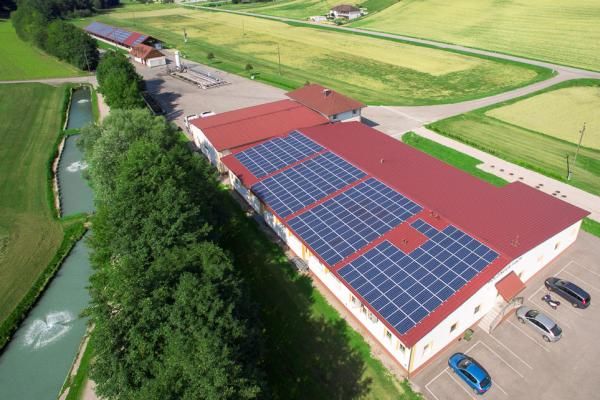
Holzinger a family-owned fish processing company in Upper Austria, is a cornerstone of Austria's regional economy and central European market. Holzinger has embarked on a digital and modernisation push, focusing on three key areas: using renewable energies, investing in new equipment and machines,
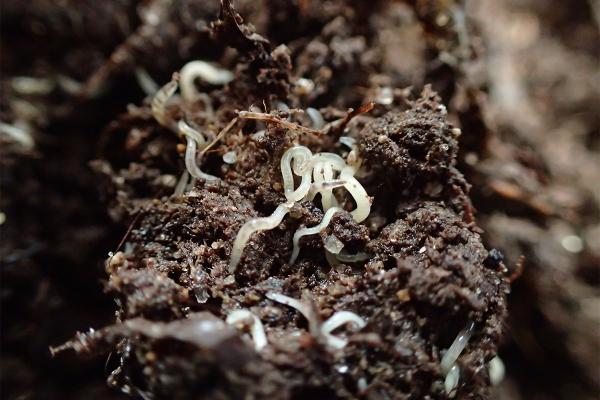
With the help of EMFF funding and a bit of Danish ingenuity, researchers are exploring innovative production techniques that could revolutionise aquaculture as we know it.
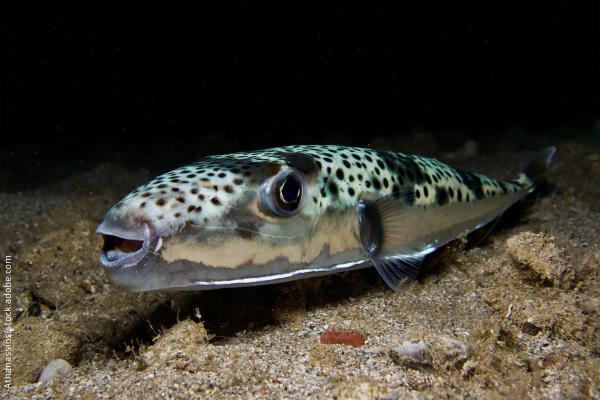
When the Suez Canal was opened 150 years ago, it brought many positive aspects for travel and trade. But it also opened a channel (pun intended) for the mass migration of invasive marine species from the Indo-Pacific region, with significant, and generally negative repercussions for the biodiversity
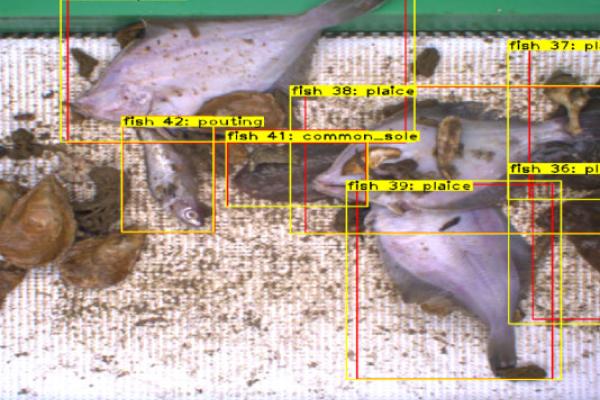
With the help of EU funding, Dutch researchers and fishing industry have developed an AI-based tool for the Fully Documented Fisheries (FDF) project.
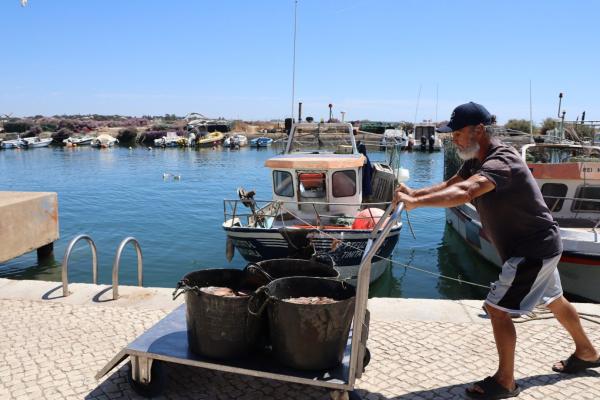
Portugal is one of the top three European suppliers of octopus, making this fishery an important source of income for many fishers on the Algarve coast.

Since before WW2, the Polish Anglers’ Association (Polski Związek Wędkarski) has been concerned with the environmental status of inland waters, and river restocking is done under their auspices.

The Fisheries Tourism Network is an online platform that offers tourists unique opportunities to visit and learn more about the cultural heritage of fisheries areas in Romania.

Have you ever wondered what whales and dolphins hear in the depths of the ocean? Does it change with the seasons? These are just some of the questions behind an EU-funded underwater noise study led by Marine Scotland Science off the west coast of Scotland.

At the foot of the Rhodope Montains, in Bulgaria, an aquaculture family business had to cope with its fish getting eaten away by cunning birds. But in this Natura 2000 Protected Area, fighting back and attacking the birds was out of question – on account of the bird killing ban put in place

Much to the fishers’ dismay, cod populations in the Baltic Sea have been decreasing since the 1990s. The reasons are many, including habitat degradation. The same decade also saw the start of a potential solution to habitat loss.
